Fellow and Intern Projects
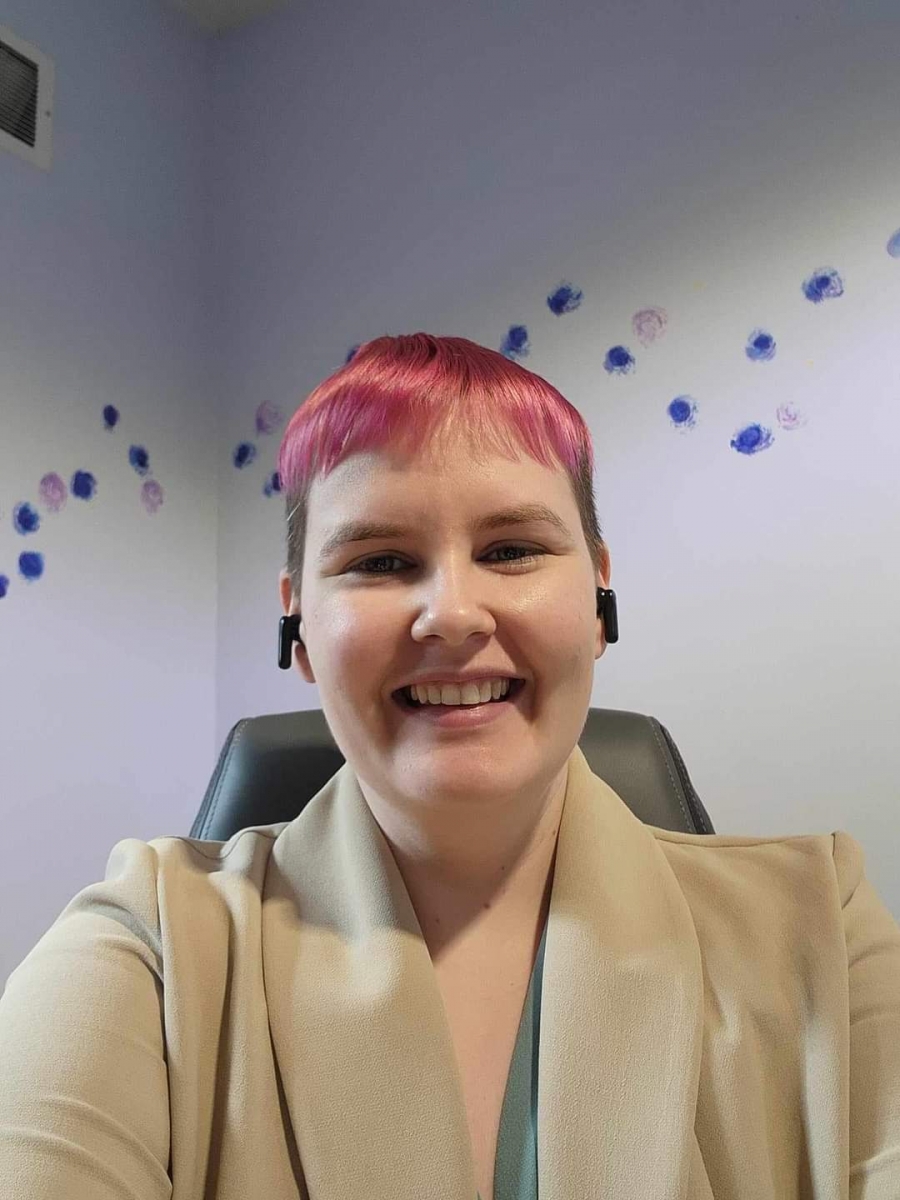
Alex Hooks, PhD
Postdoctoral Fellow Project: Large-scale patterns in oyster ecologyAlex is a marine ecologist and evolutionary biologist whose research focuses on animal interactions in both natural and human-impacted systems. She has experience with field and molecular approaches and has investigated invasive species, including hybridization between native and invasive animals and predator-prey dynamics involving native and invasive predators. She has also studied the behavior and reproductive strategies of a benthic invertebrate predator associated with oyster reefs. At SERC, Alex leads large-scale collaborative projects examining the ecology and community composition of oyster reefs across a latitudinal gradient. She is also exploring how the ecological roles of oysters vary across a species and environments, with an emphasis on their various contributions to coastal ecosystems.

Beth Bowers, PhD
Research Ecologist (formerly Postdoctoral Fellow) Project: Best Practices for Acoustic Telemetry in Offshore WindBeth is a marine ecologist who studies species distributions and environmental drivers of movement. Her doctoral dissertation work focused on the migratory drivers and sexual segregation of blacktip sharks, Carcharhinus limbatus, along the U.S. East Coast using acoustic telemetry, an animal-borne tracking technology. In her postdoctoral appointment, she is developing recommendations for acoustic telemetry applications to offshore wind. Her other research interests include effects of environmental variation on animal distribution, movement modeling, satellite telemetry, reproductive biology, survivorship, and kinematics.
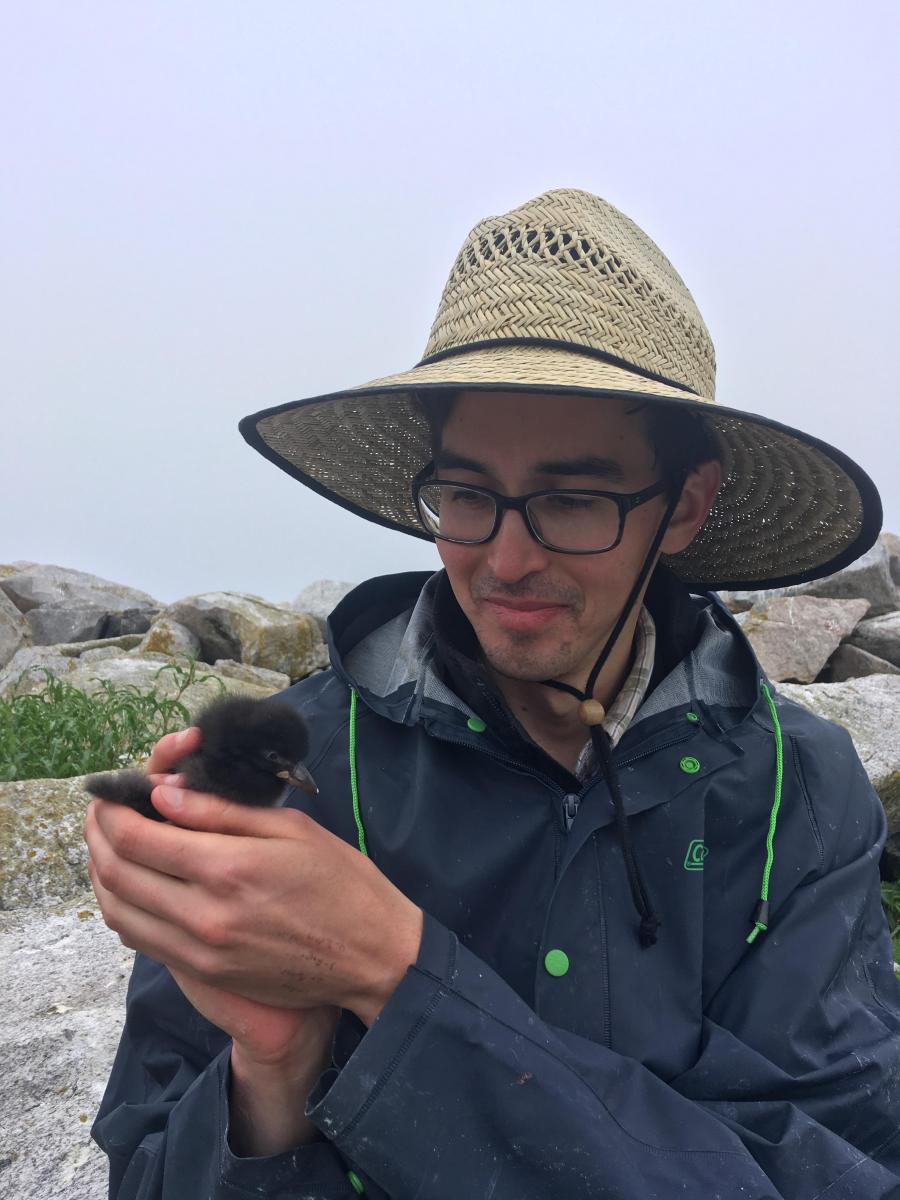
Henry Legett, PhD
Research Ecologist (formerly Postdoctoral Fellow) Project: Shifting environmental regimes and anadromous fish migrationThe timing of life-history events in many plants and animals depend on seasonal environmental conditions. Annual migratory and reproduction events, for example, are often timed to match periods of specific conditions that correspond with peak resource abundance. Environmental regimes are changing and disrupting natural cycles and patterns.
At SERC, I am investigating how environmental factors are driving the spawning migration patterns of river herring, alewife (Alosa pseudoharengus) and blueback herring (Alosa aestivalis), in Chesapeake Bay rivers. I am also characterizing the thermal regimes within these river networks and assessing the effect of anthropogenic influences and riparian habitats on stream temperature dynamics and river herring spawning behavior. My research will allow for more focused management of river herring and habitat restoration efforts in the Chesapeake Bay.
2025 interns

Leticia Cuevas
Smooth dogfish migrations and habitat use using acoustic telemetry

Gabe Stephenson
Communicating the science of animal telemetry and the Atlantic Cooperative Telemetry Network
2024 interns

Ellie Cameron
Species richness and parasitism on restored oyster reefs.

Denise Garcia Salas
Using acoustic telemetry to determine if blacktip sharks travel in groups
2023 interns
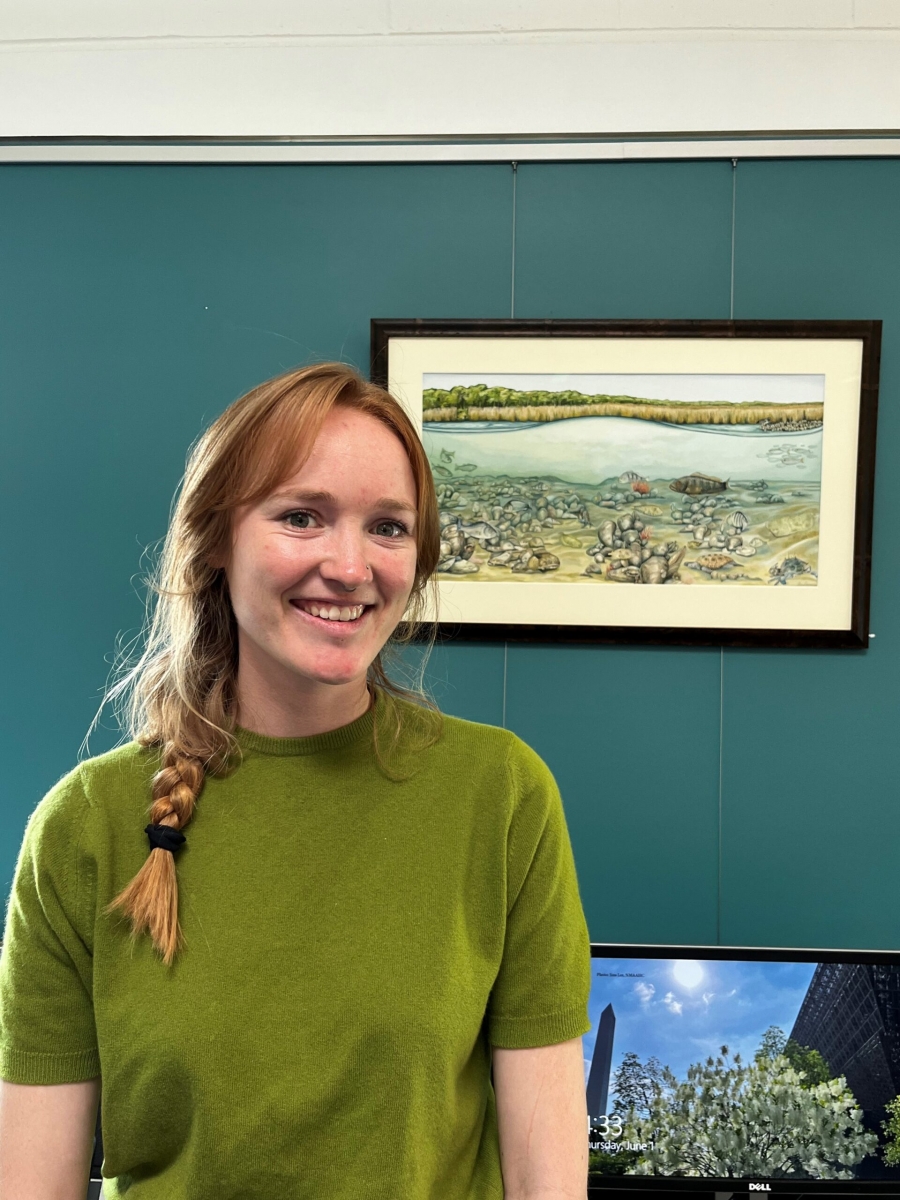
Anna Pedersen
Communicating oyster reef ecology through art.
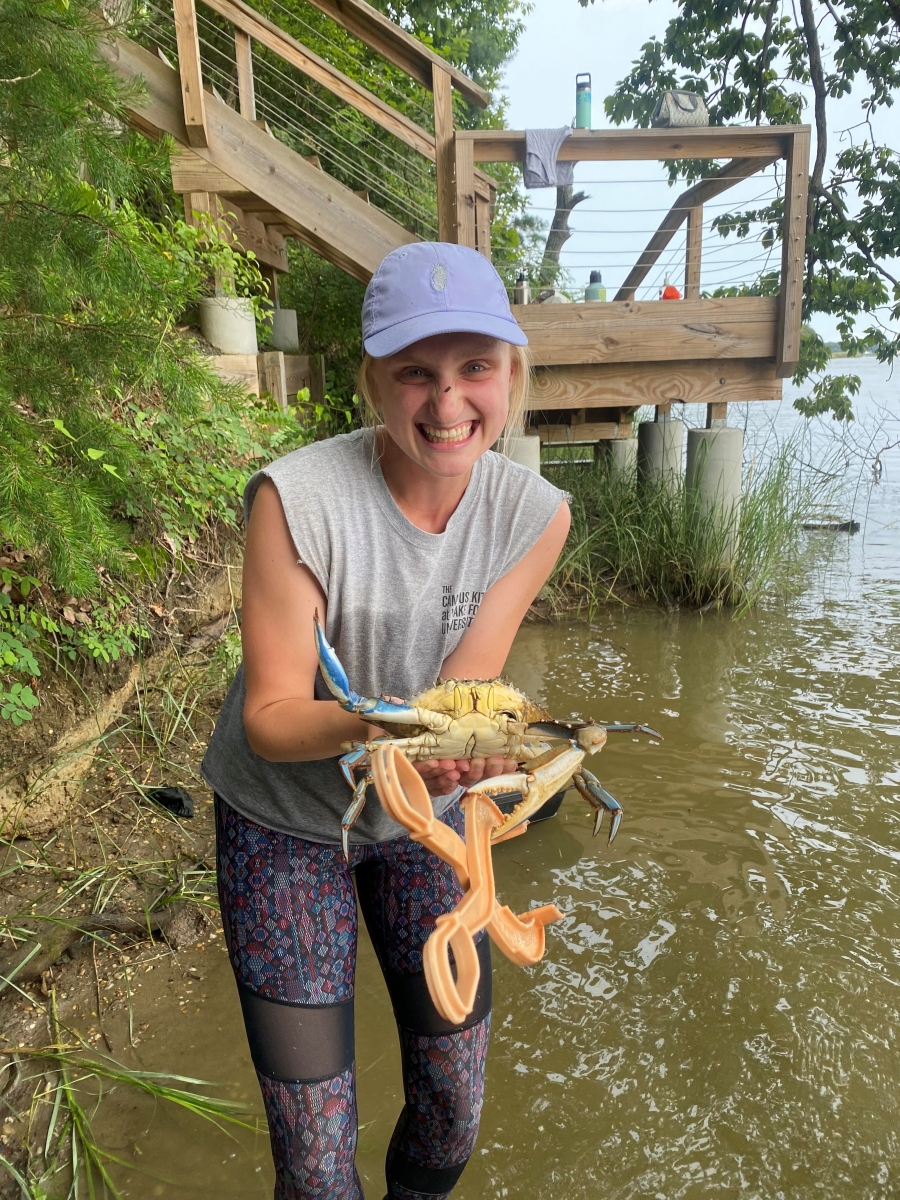
Julia McElhinny
Seasonal and interannual dynamics of horned pondweed
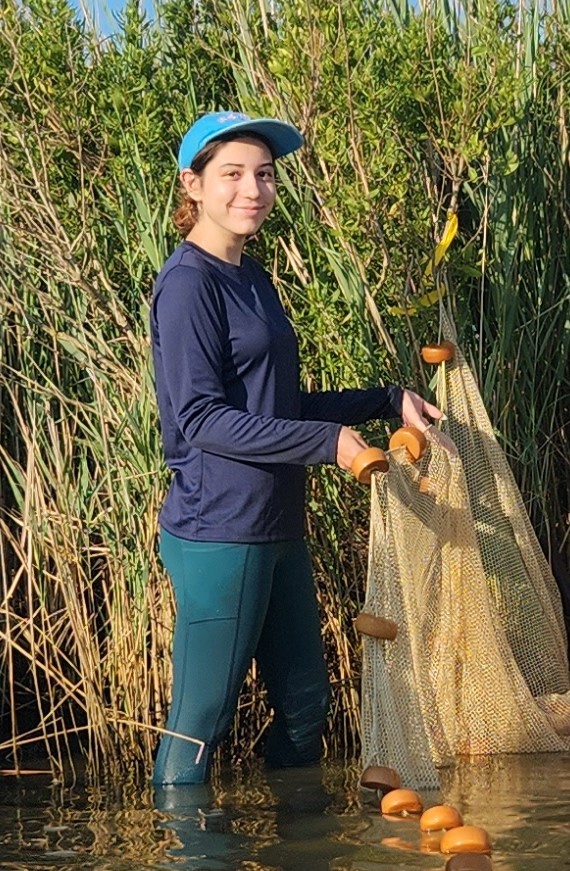
MJ Pieras
Using bioacoustics to monitoring river herring spawning activity.
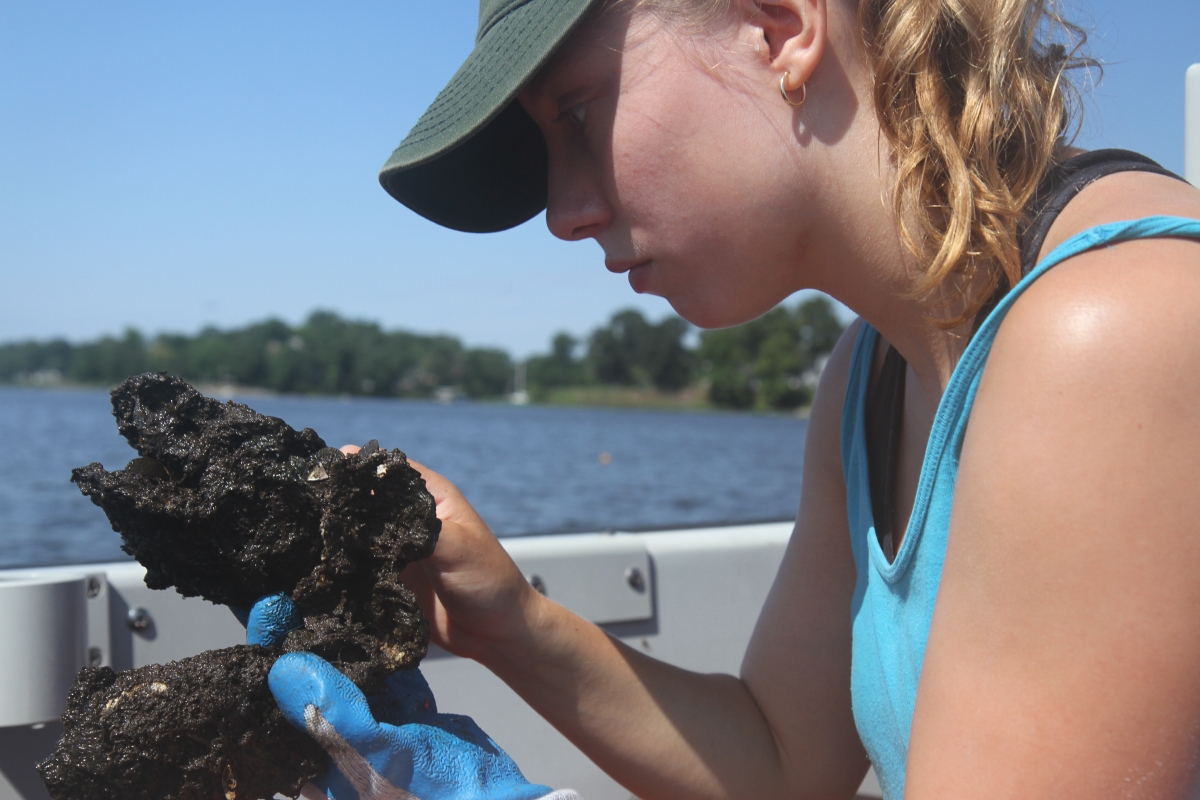
Julia de los Reyes
Tracking outcomes of oyster restoration in the South River, Maryland.
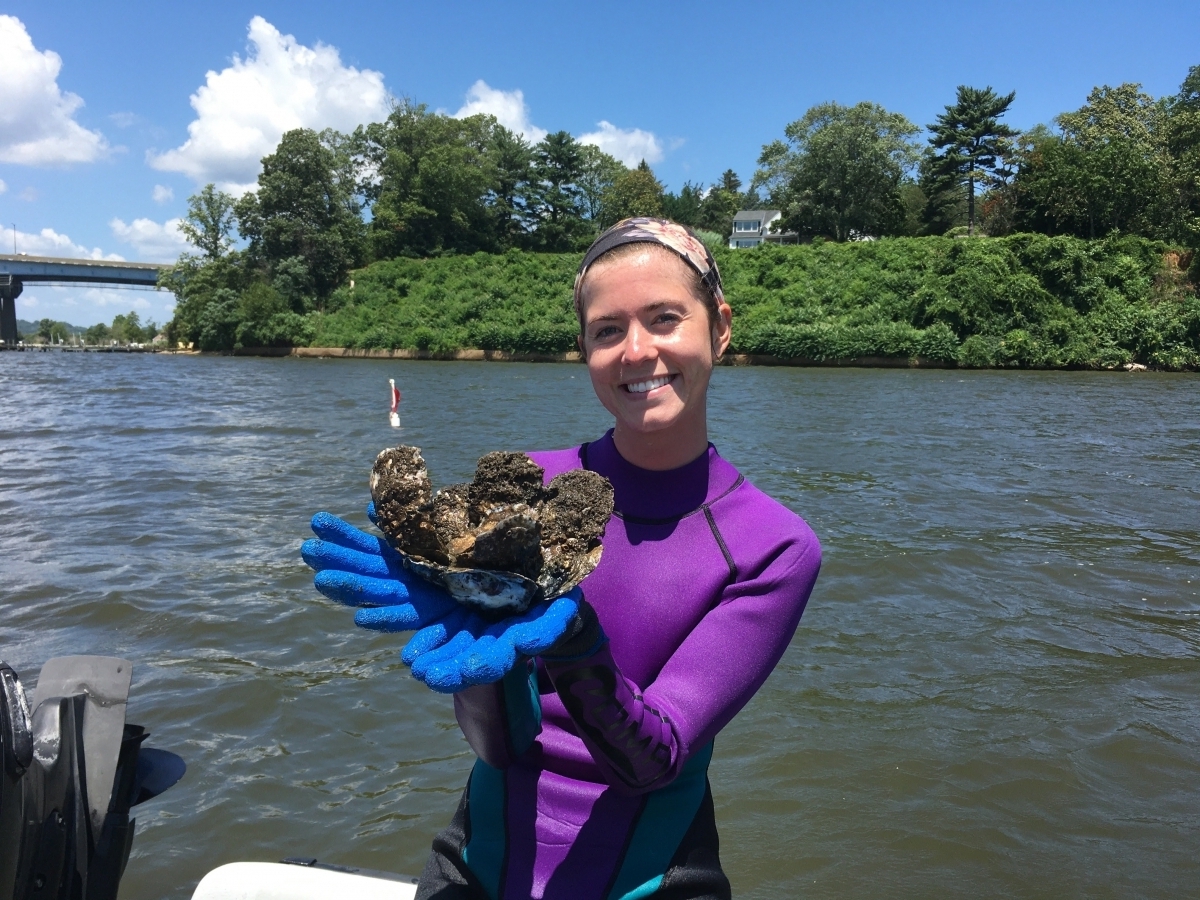
Emi McGeady
Oyster restoration outcomes in low salinity environments.
2022 Interns

Lili Bowman
Assessing oyster reef restoration using underwater video and high-resolution sonar

Ryan McIntyre
Raising the bar: Oyster science and innovative resources for educators and youth

Isaac Robertson-Brown
Horseshoe crab habitat use and movement inferred from acoustic telemetry
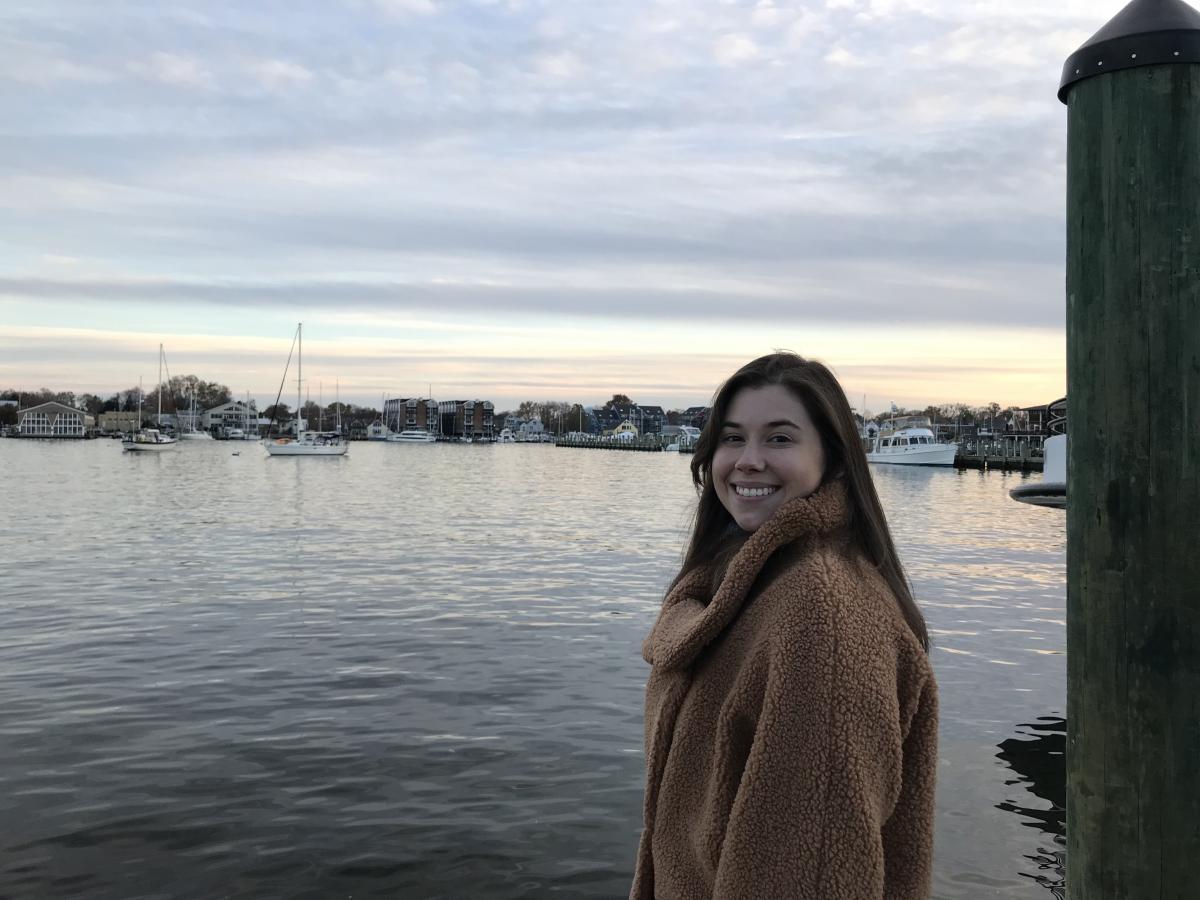
Caitlyn Dittmeier
Communications and community engagement with the Rappahannock Working Land and Seascapes project
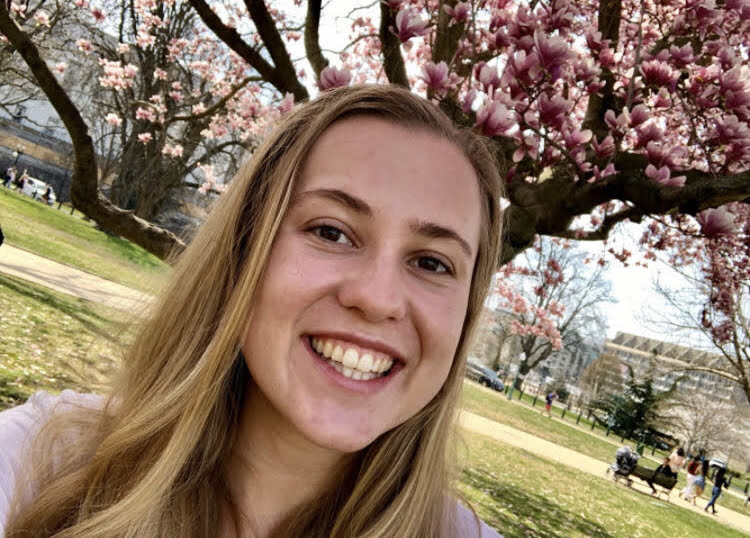
Grace Loonam
Assessing the response of fish communities to oyster restoration using high resolution imaging sonar.
2021 Interns
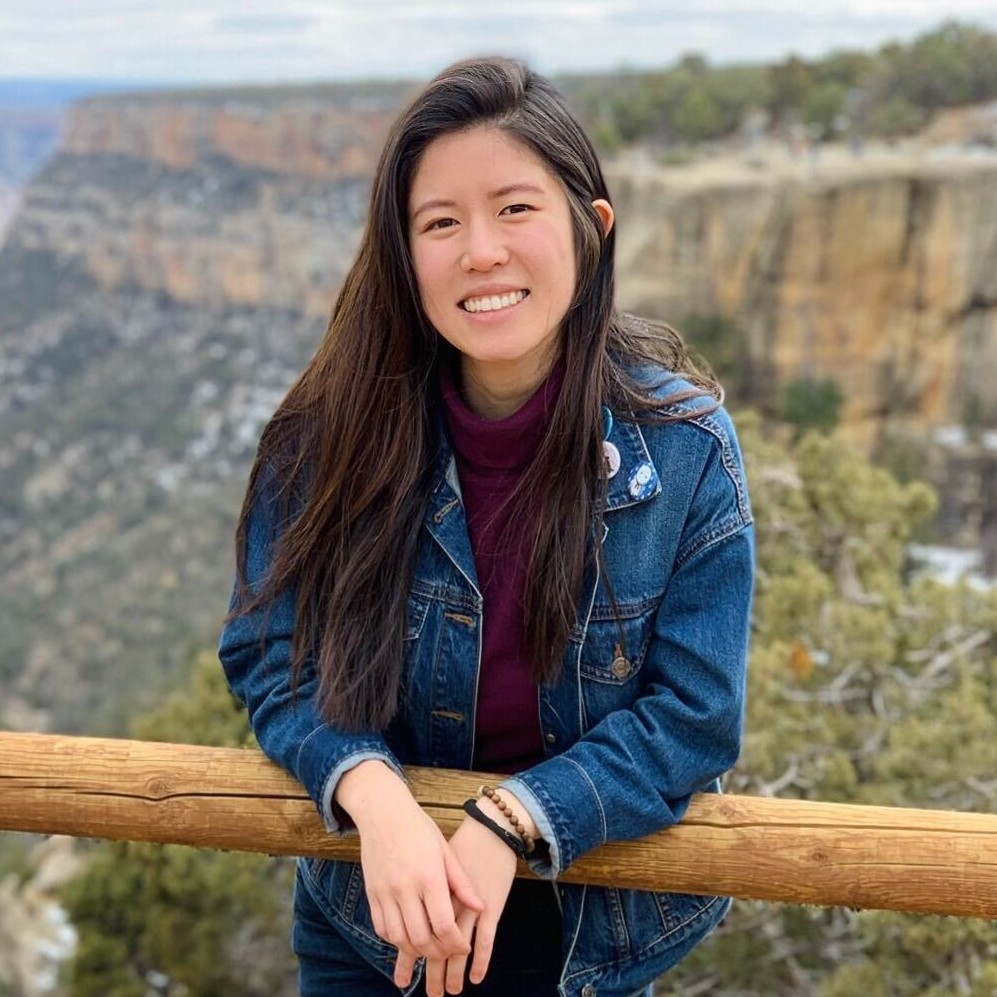
Claire Huang
Assessing impacts of dam removal on river herring migration, spatial habitat use, and spawning success in the Patapsco River.
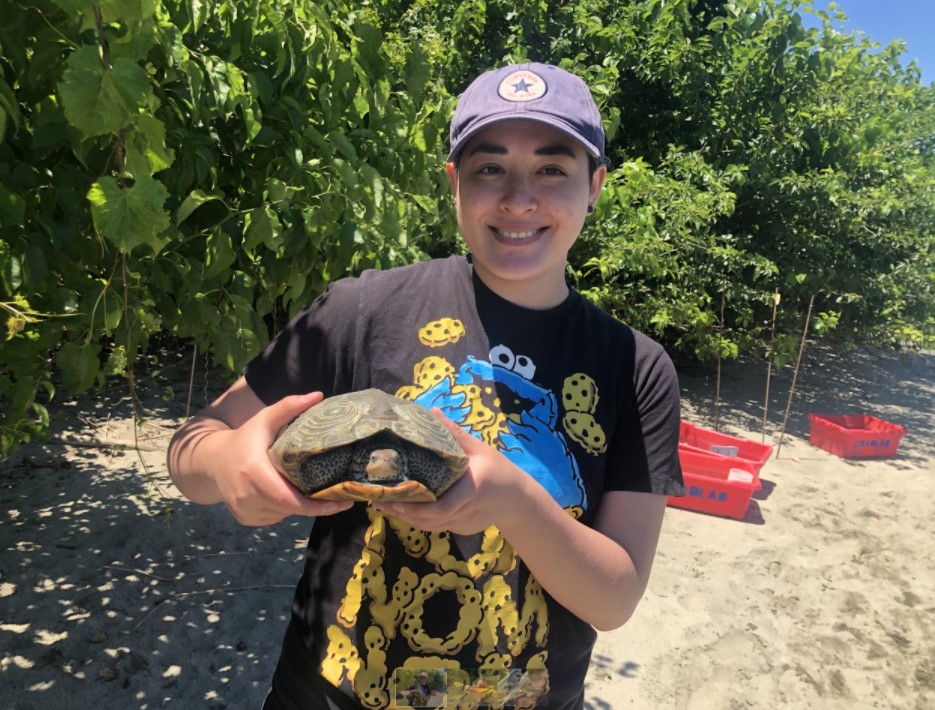
Zophy Galvan
Exploring long-term trends in blue crab operational sex ratios.

Sunnidae Gallien
Assessing fish, crustacean, and macroparasite communities on restored and harvested oyster reefs.

Amber Staples
Monitoring phenology of river herring (Alosa pseudoharengus and Alosa aestivalis) spawning activity using automated detection of splashes.
2020 Interns

Aiman Raza
Comparing fish and crustacean communities on harvested versus protected oyster reefs in the Chesapeake Bay

Alex Declid
Exploring trends in summer flounder abundance in Maryland relative to environmental variability and fisheries management
2019 Interns
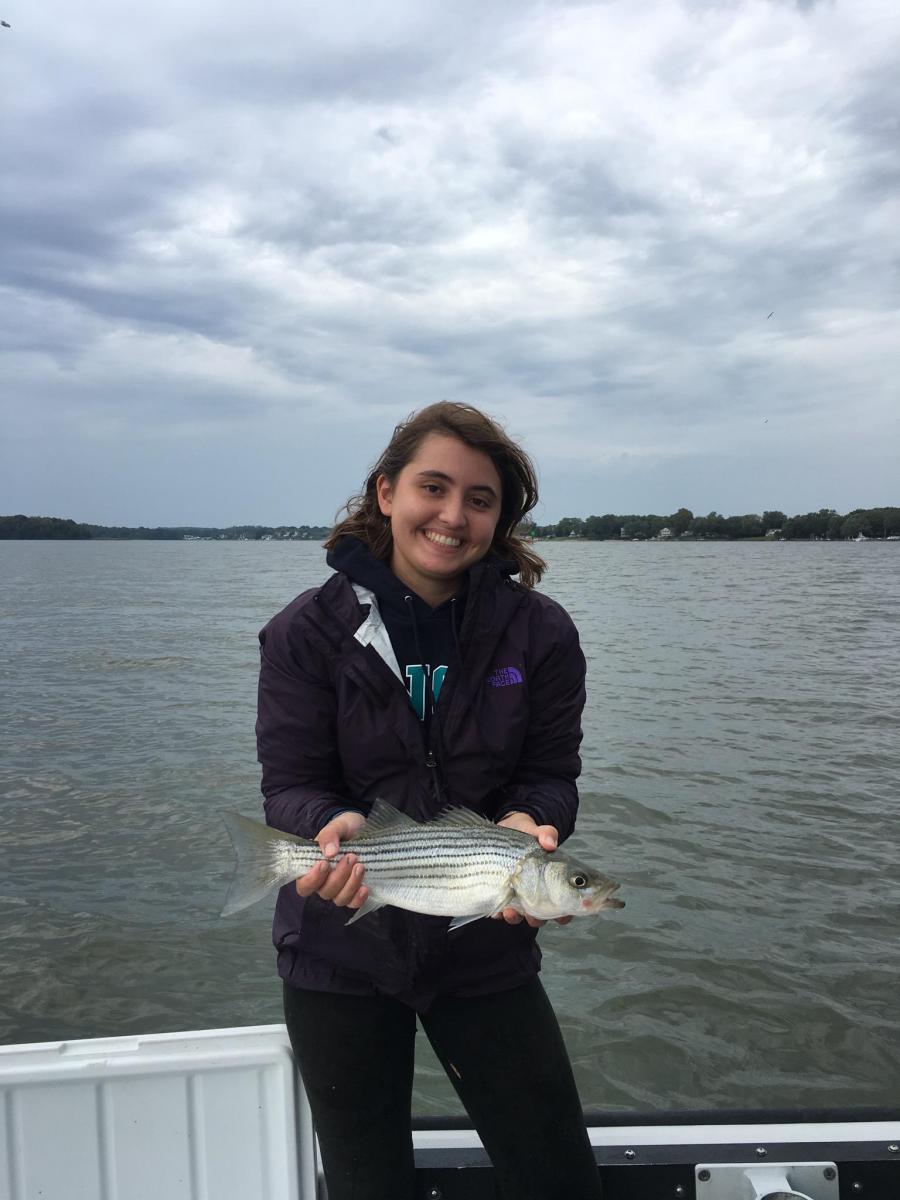
Maya Drzewicki
Assessing the quality of shallow tributary forage habitats for
striped bass in Chesapeake Bay
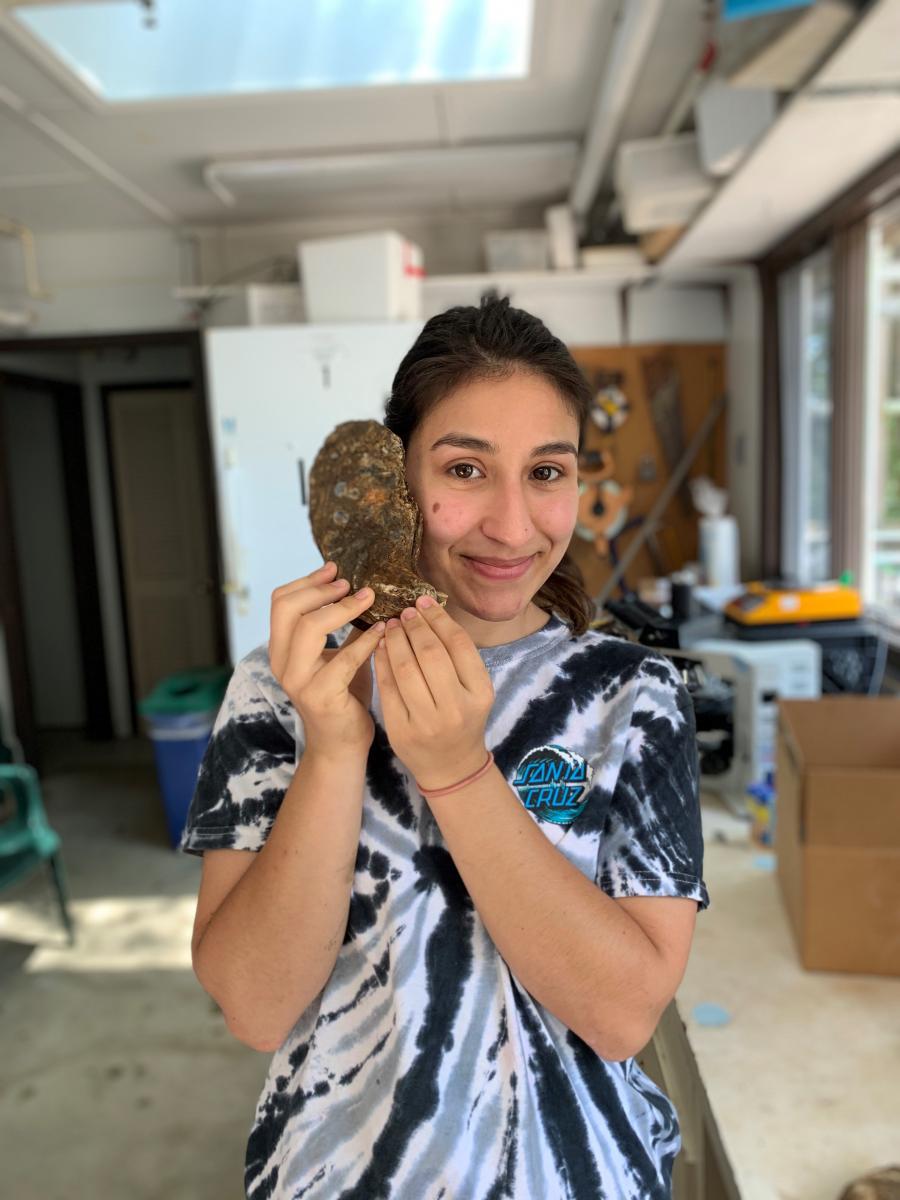
Daniella Gavriel
Enhancing oyster aquaculture production using prenatal effects
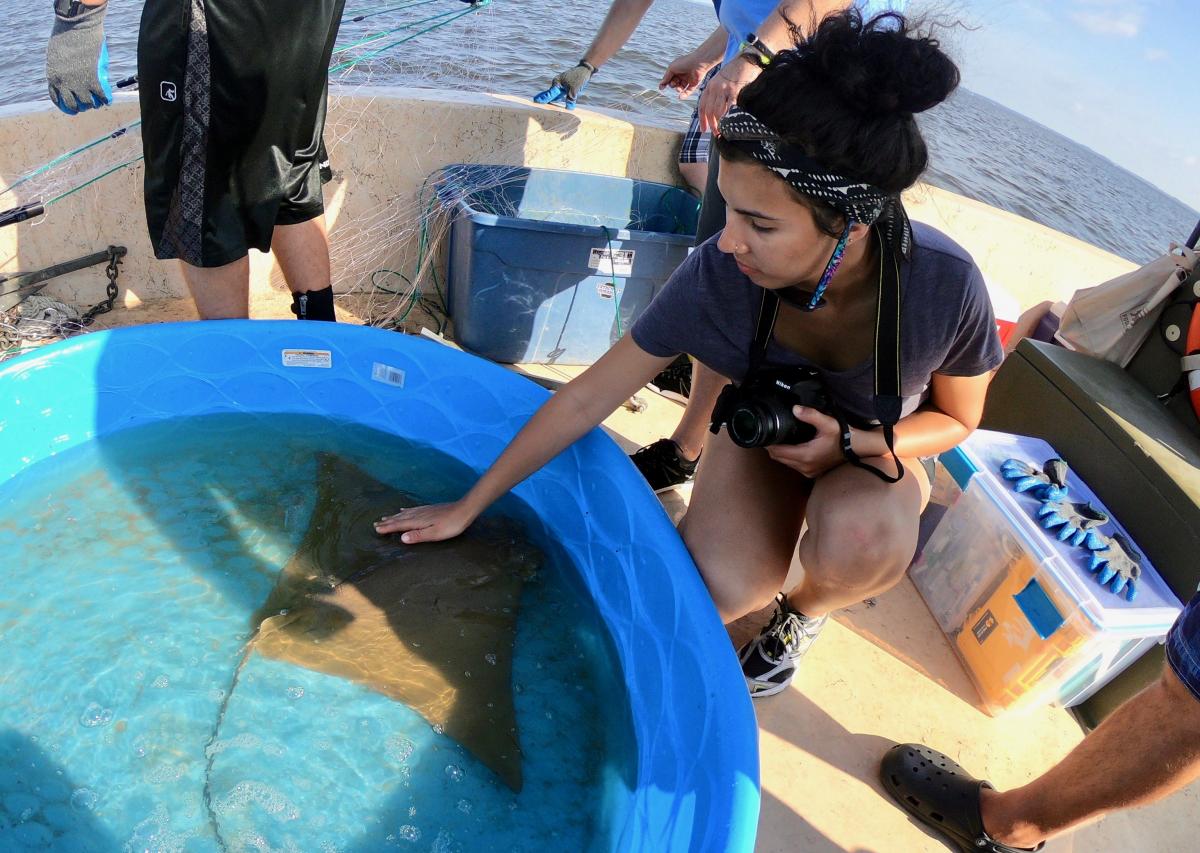
Liana Quinones
Communicating research projects and conservation goals to the non-scientific community using videography and filmmaking
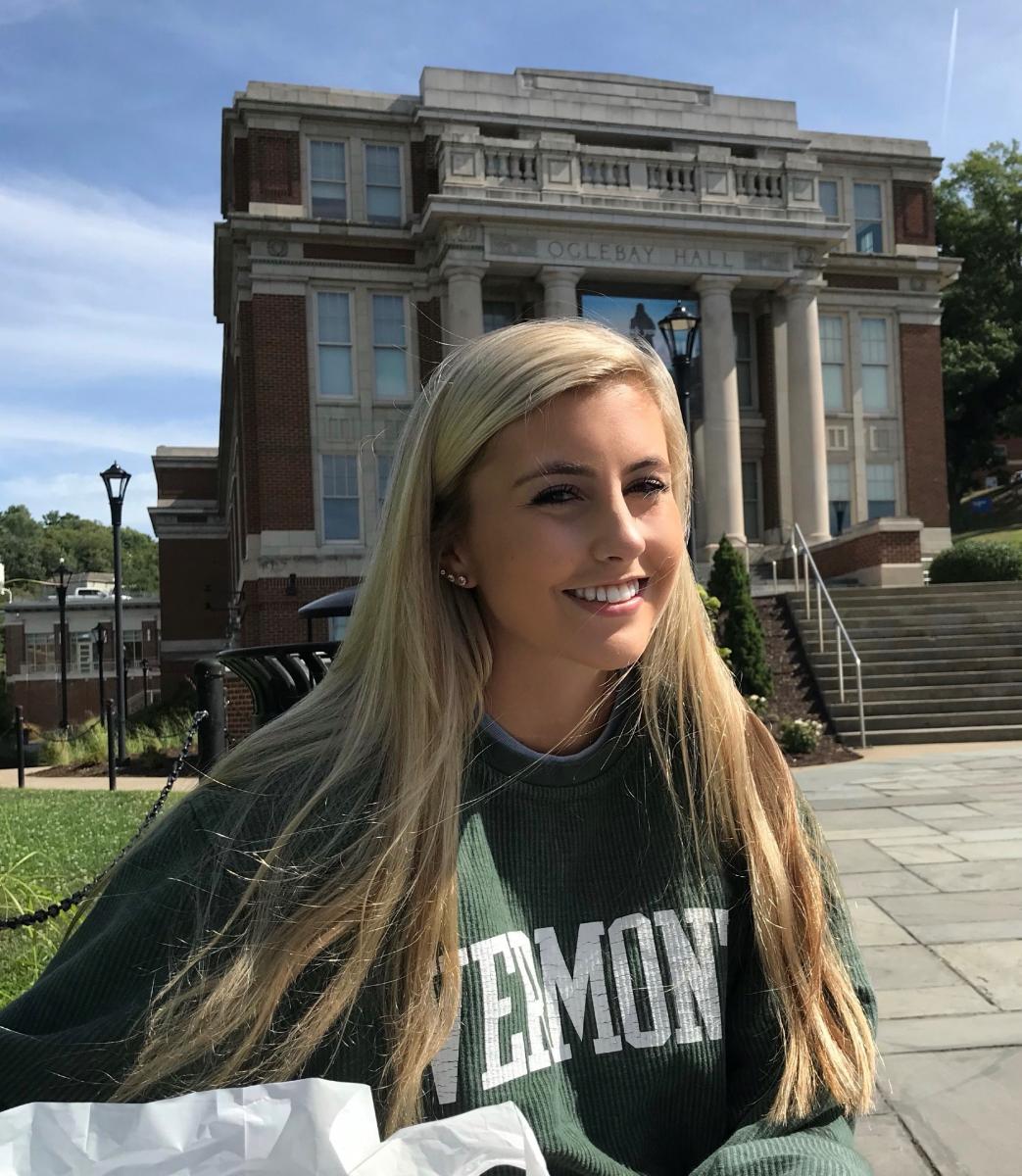
Grace Buckley
High school STEM intern
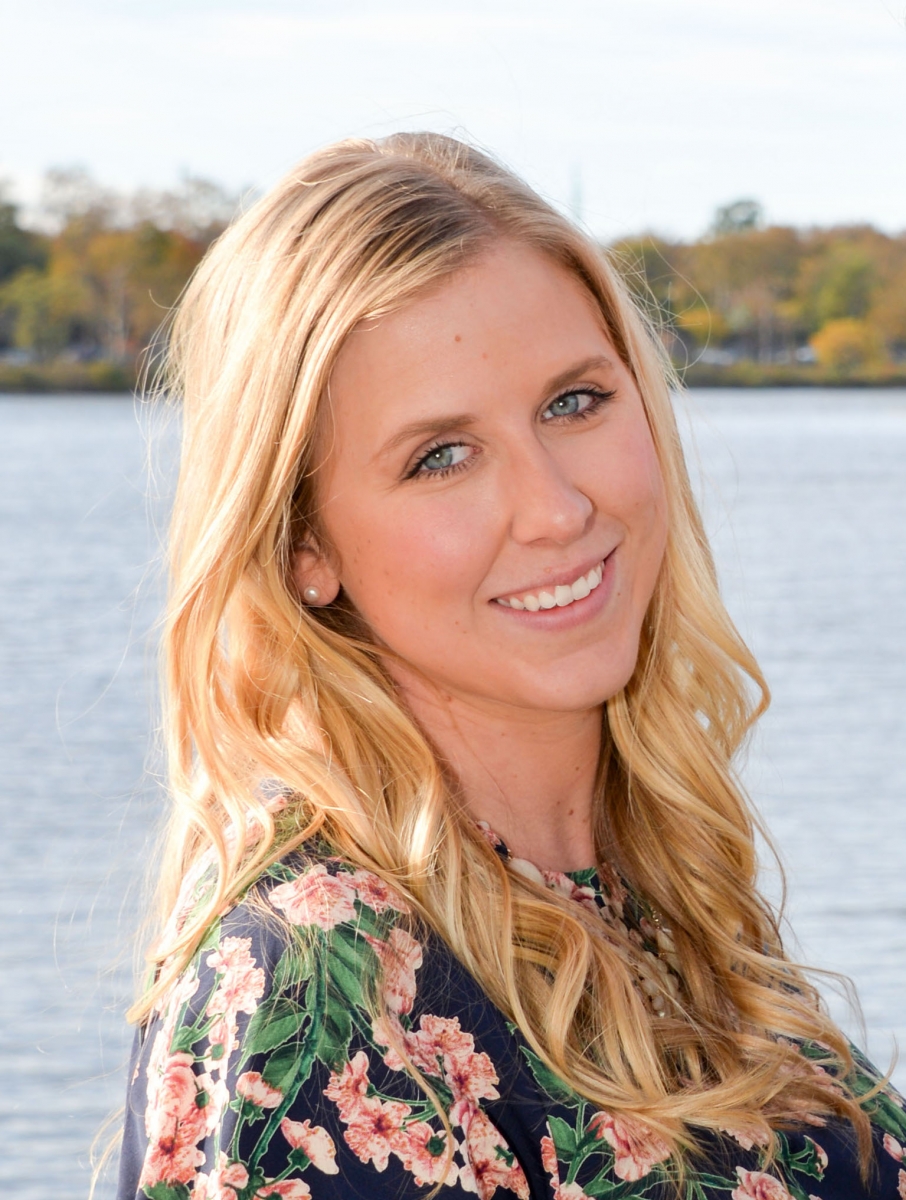
Michele Repetto, PhD
Postdoctoral Fellow Project: Long-term trends in multitrophic community structure along an estuarine habitat gradientWhile a global trend of poleward migration of marine fish species has been widely noted, local scale shifts in individual species and assemblages are not well understood. Long-term observational studies can provide robust results for understanding community dynamics and improving predictive models. I aim to characterize how fish communities in the Rhode River, Maryland have changed through time along a habitat gradient. I am using long-term data from SERC's seine and trawl surveys to test for changes in fish assemblages associated with rising temperature and salinity fluctuation using trait based analyses. Understanding how communities respond to change on a local scale is important for managing and conserving commercially and recreationally important fish.
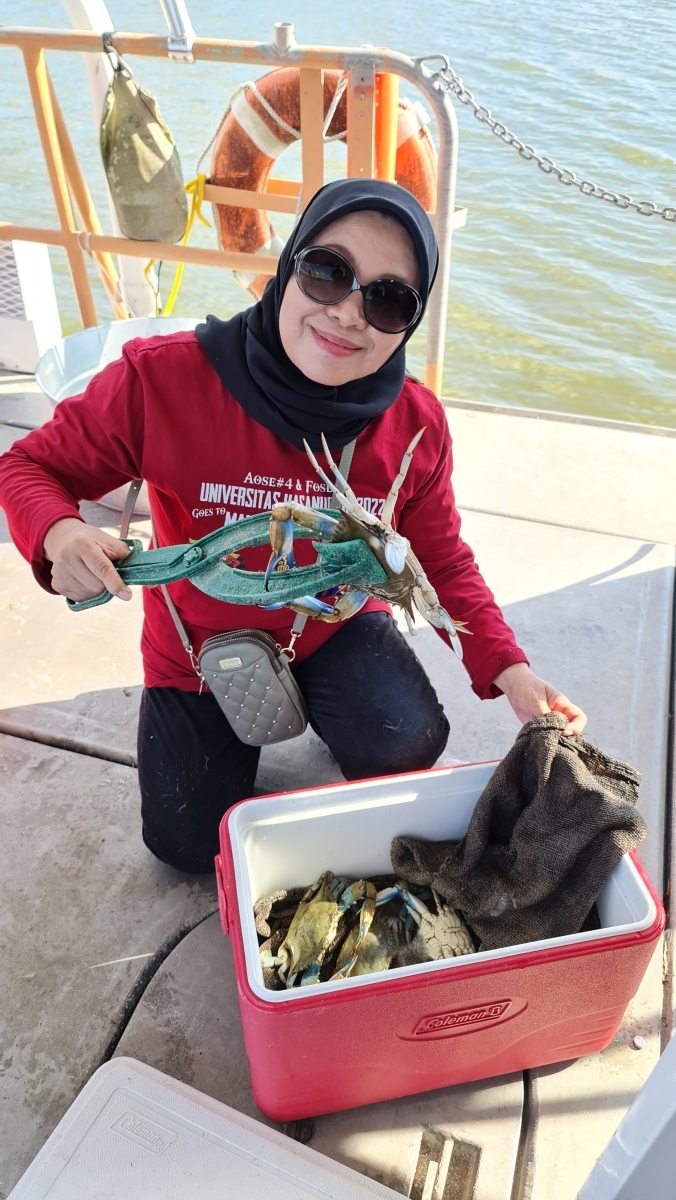
Yushinta Fujaya, PhD
Fulbright Fellow Project: Blue crab reproductive biology in Chesapeake Bay

Roberta Bardelli
Doctoral Fellow Project: Blue crab and green crab diets in native and invaded ranges
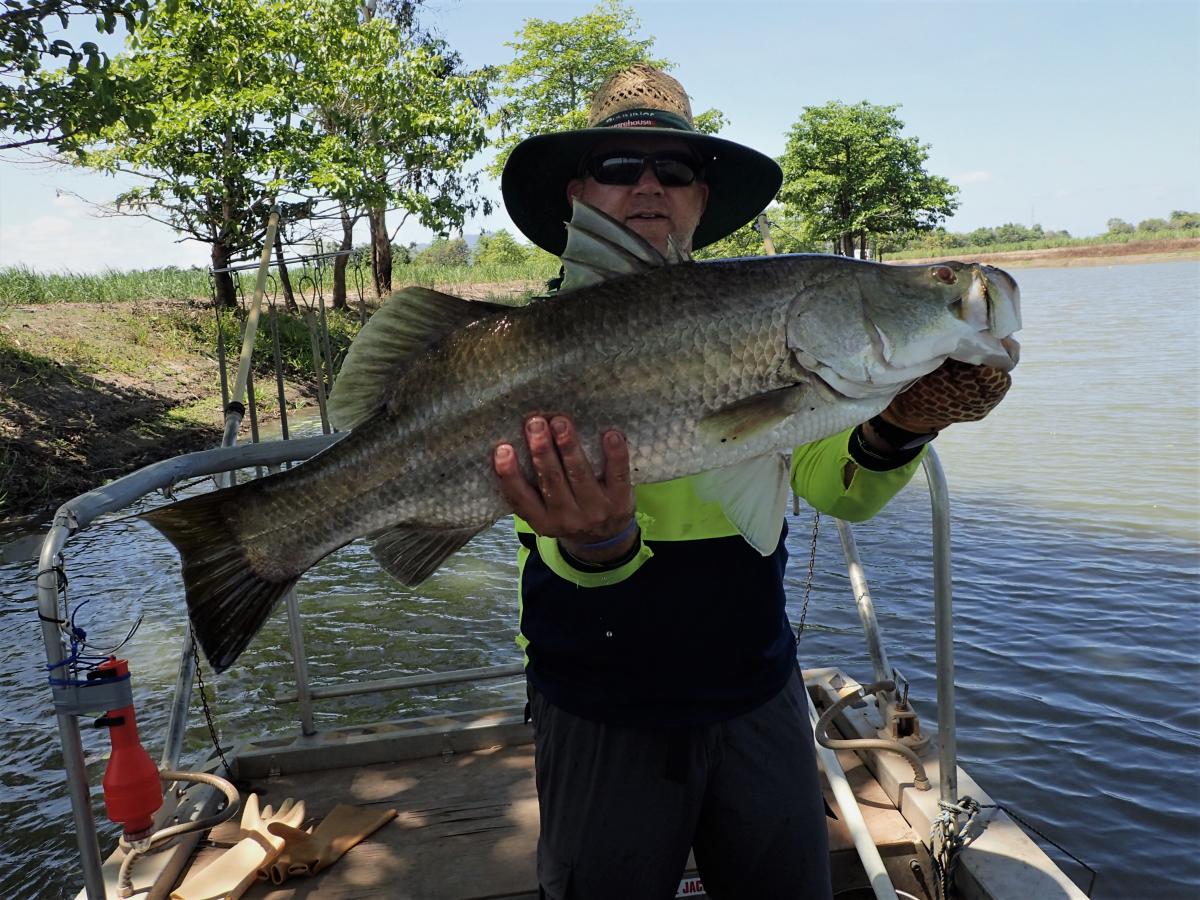
Nathan Waltham, PhD
Queensland Government and Smithsonian Fellowship 2020/2023 Project: Restoring coastal ecosystems
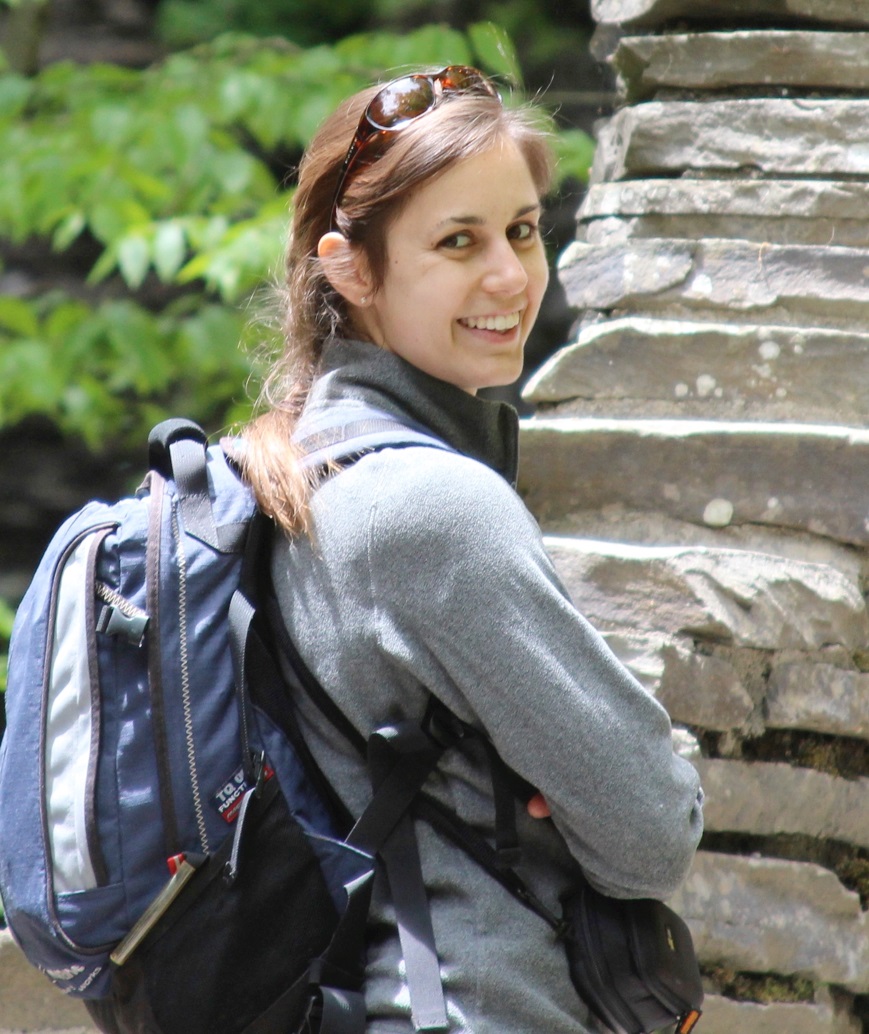
Allison Tracy, PhD
Postdoctoral Fellow 2019 - 2022 Project: Chesapeake Working Land and Seascapes; oyster reef ecology
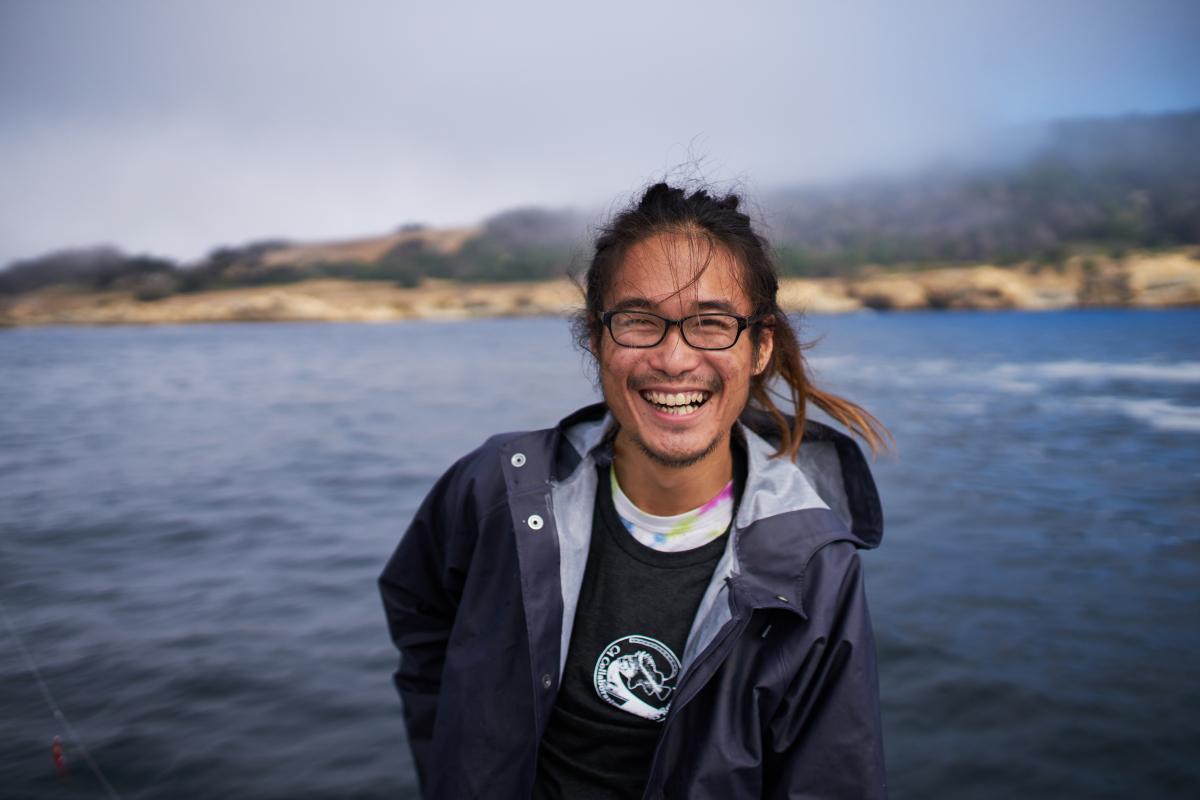
Gabriel Ng, PhD
Postdoctoral Fellow 2019 - 2022 Project: Blue swimmer crab stock enhancement in the Philippines
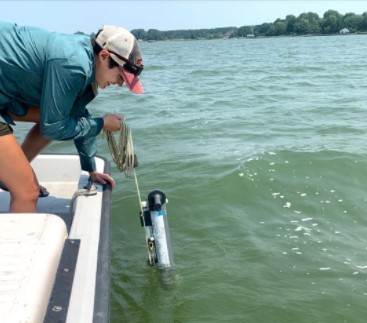
Laura Givens
Graduate Fellow 2021; Duke University Marine Lab Project: Testing the performance of eDNA as an indicator of biodiversity changes in oyster habitat
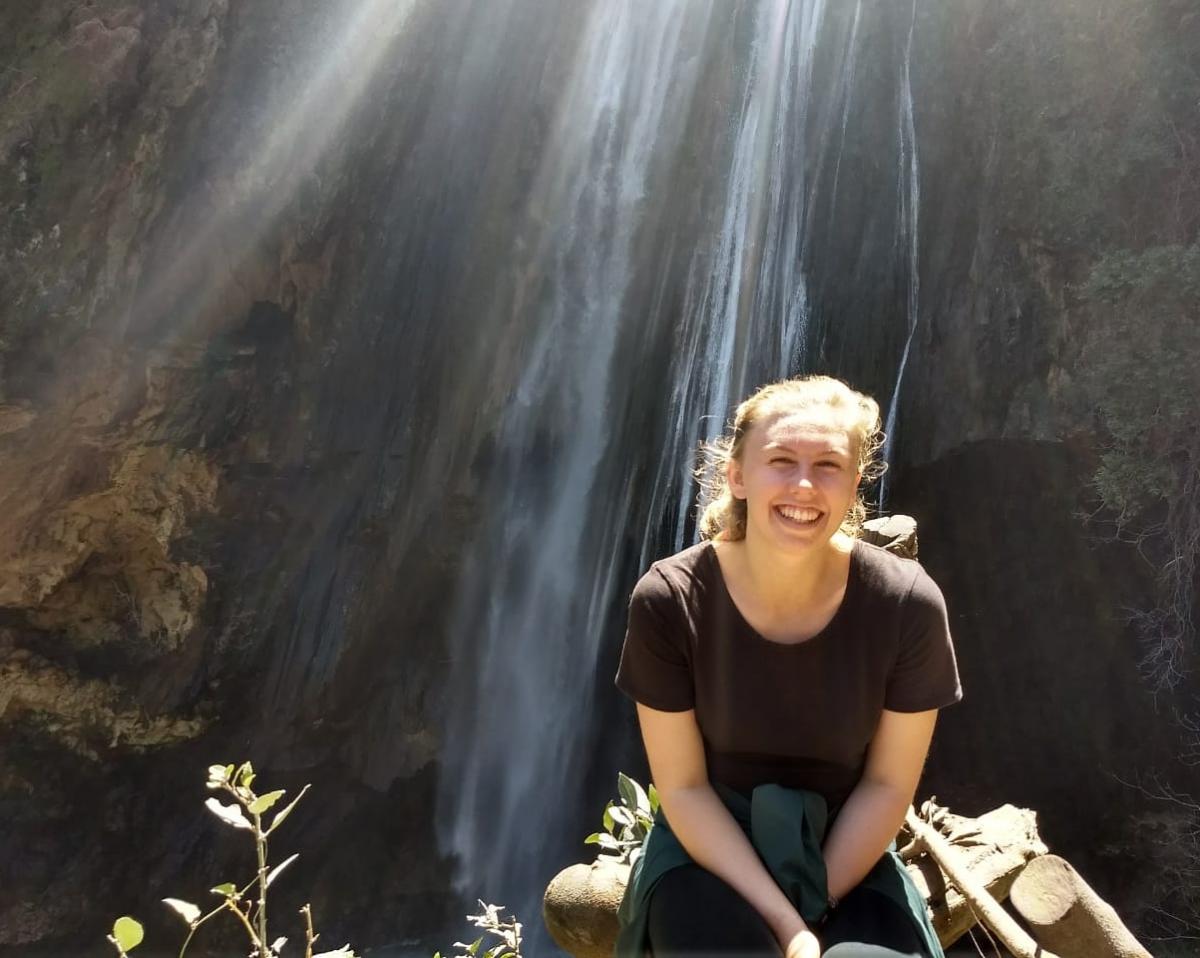
Julie Luecke
Volunteer; Chesapeake Conservation Corps 2020-2021 Project: Public engagement and science translation The Chesapeake Conservation Corps (CCC) is a Maryland state program that funds yearlong positions for young environmental professionals at Chesapeake Bay watershed organizations.
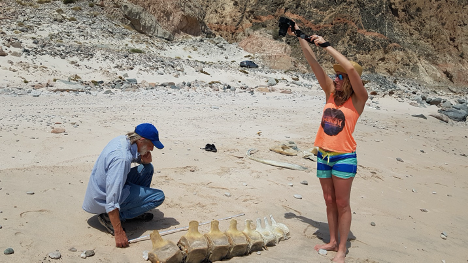
Sarah Mallette
Graduate Fellow 2020; George Mason University Project: Global shifts in cetacean distribution due to rising ocean temperatures
